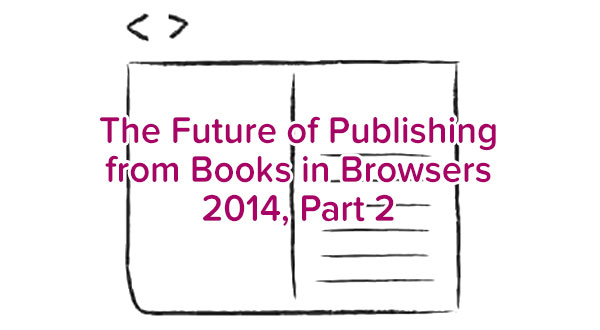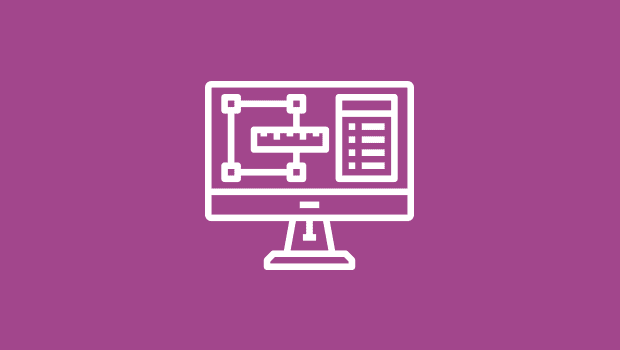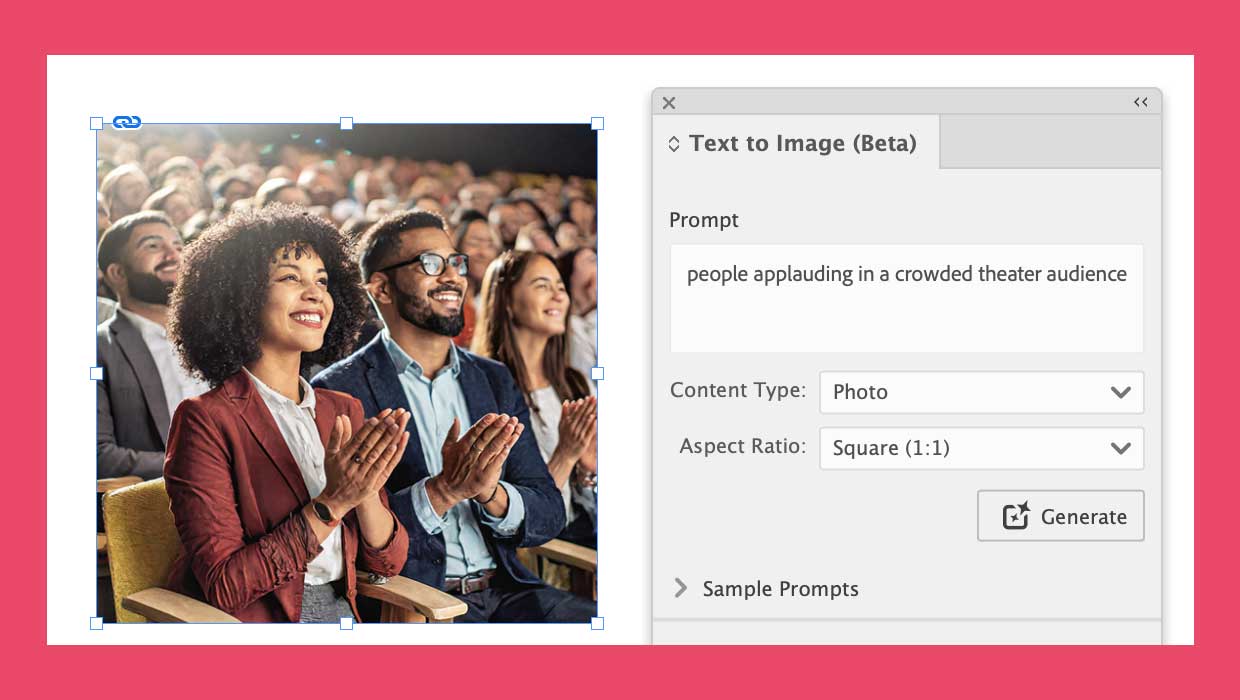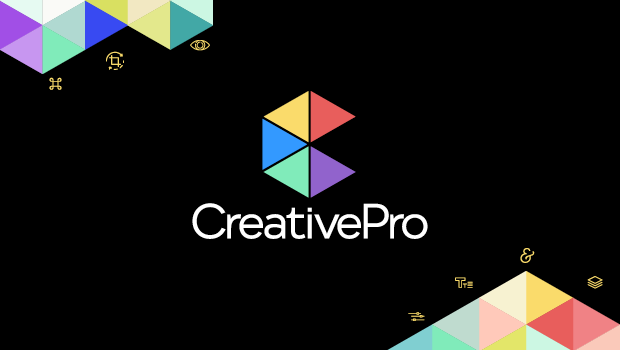A Report from Books in Browsers 2014, Part 2

In part 1, I described some exciting new ideas in publishing introduced at the 2014 Books in Browsers event in San Francisco in early October. There were too many sessions and ideas for me to describe them all, but in case you’re curious, here are a few more thoughts that wandered through my brain during the event.
First, I was so very pleased to chat with Brewster Kahle, the founder of the Internet Archive, who I had been wanting to meet for 15 years. The Archive continues to do amazing work, both in their own projects and by supporting others. My favorite comment in his opening keynote was the warning, “If someone else controls the rails, you’re going to lose.” It’s an important point to consider in our never-ending dance with Amazon, Google, Adobe, Microsoft, and other players who have vested interests in owning or controlling the platforms we use.
His keynote was quickly followed by Matthew Battles from Harvard, who made me think about “standards” in a new way. I quickly realized that this conference was going to be like a Japanese kaiseki meal: full of delightful, small courses, each of which could be expanded into an entire day’s conversation.
I’m not going to describe every talk; there was too much. Fortunately, you can watch videos of almost all of the talks yourself here.
New Ideas
Throughout the two days I found myself constantly presented with new ideas — of course, many of these were not new at all, just new for me to think about. So when Richard Nash talked about “small data” (metadata about you: your cookies, your web search history, your Amazon clicks, and so on), I knew it was an old topic, but he brought new life to it in a way that made me suddenly start to care.
He was quickly followed by Nicole Ozer from the ACLU, who presented on the topic of privacy. Here I was surprised not just by what she said but my own reactions to it. The thrust of her talk was that metadata about us is as important as the content of the material we read. But Nicole spoke from the perspective of how we must protect ourselves from the government. I found myself thinking: I care far more about protecting myself from corporations than I do about the government! Governments tend to be inefficient and benign compared to corporations. (I emphasize the last three words in hopes of avoiding a firestorm of people flaming me.)
Again, on the subject of topics I hadn’t thought enough about: Tzviya Siegman talked about accessibility; Peter Armstrong discussed Leanpub’s brand of the text-based Markdown language called Markua; Liisa McCloy-Kelley from Penguin Random House demoed some of the most amazing EPUB books I’ve seen (hand coded at what must have been enormous R&D costs); Ben De Meester came from Ghent University to explore attaching meaning to content (e.g. if you’re searching books, it’s important to understand the difference, in context, between Paris, France, and Paris Hilton); Peter Meyers said something about allowing readers to access content at multiple levels of depth (but I didn’t hear most of what he said because I was so distracted by the fact that he was using the word grok wrong; it really bugged the heck out of me for some reason).
Hmm…
Of course, it wasn’t all rosy. Katie Zhu from Medium gave an enthusiastic talk about “mix tapes” and how this underground phenomenon from the 80s and 90s was really awesome and should be applied to publishing. Except that she made no mention of the fact that mix tapes (and later “mix CDs”) were based entirely on piracy. Wouldn’t it be cool if we could just copy a little of this and a little of that and put it all together? Yes, that would be cool, unless you were the author or publisher of the stuff being copied. (Yes, I know a little piracy is a good thing, but it’s a slippery slope to walk along.)
Weirdly, Zhu’s talk came immediately after two analytics guys from Safari Online talked at great length about what they’ve discovered about who converts from free trial to paid members, and why and at what time of day, and so on. In other words, we went from utopian piracy to “maximize profits through data mining.” Of course, it was a little awkward because Tim O’Reilly came in right before their session and sat in the 2nd row. (Safari Online is partly owned by O’Reilly Media.)
I was also surprised by the number of presentations reflecting artistic or purely academic pursuits. For example, Johanna Drucker from UCLA described building a database of everything she has ever written since childhood; and John Maxwell and Haig Armen from Simon Frasier University explained how they “ran a week-long experimental workshop on collaborative writing, design and production of a work of digital fiction.” I enjoyed the ideas and creativity in these talks, but I have to admit they left me a little hungry and mystified about their practical applications. Maybe I have become too pragmatic over the years.
Brain Expansion
There were plenty of other excellent talks beyond the ones I’ve mentioned—from James English and Leonard Richardson from the New York Public Library, to Derrick Schultz from Atavist and EPUBsecrets.com. And here’s another piece about the event, published by the same company (the USA office of the Frankfurt Book Fair) that produced the conference.
It has been a long time since I found myself feeling like my brain was expanding with new information so rapidly, but when I left for the airport after the final session I was replete, sated with ideas that have stuck with me over the following weeks. I’m already looking forward to next year’s event.
This article was last modified on January 8, 2023
This article was first published on November 17, 2014
Commenting is easier and faster when you're logged in!
Recommended for you

Share My Screen missing in CS6
The File > Share My Screen option is missing in action in InDesign CS6. Here'...

InDesign 19.4 Brings Text-to-Image, Cloud Docs, and More
Update adds Text-to-Image Generative AI, Cloud Docs, password protection for Pub...

Tip of the Week: Seeing Spots
How to get a more accurate preview of spot colors in your InDesign documents.




